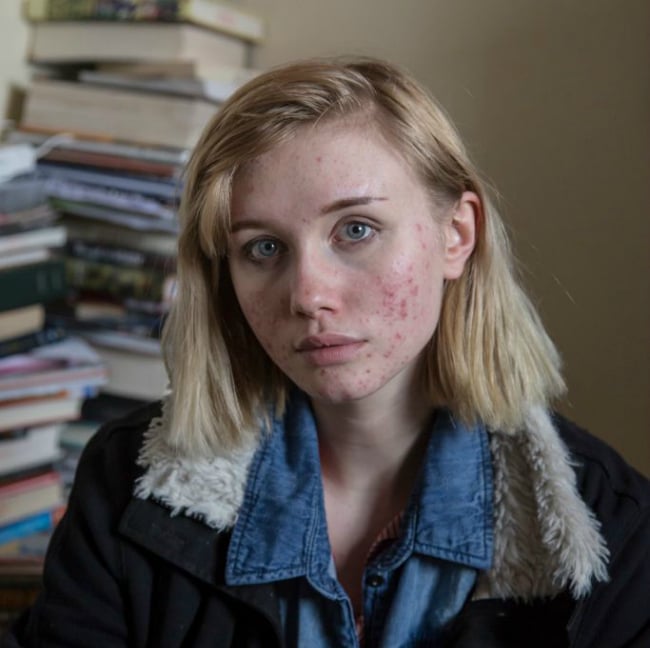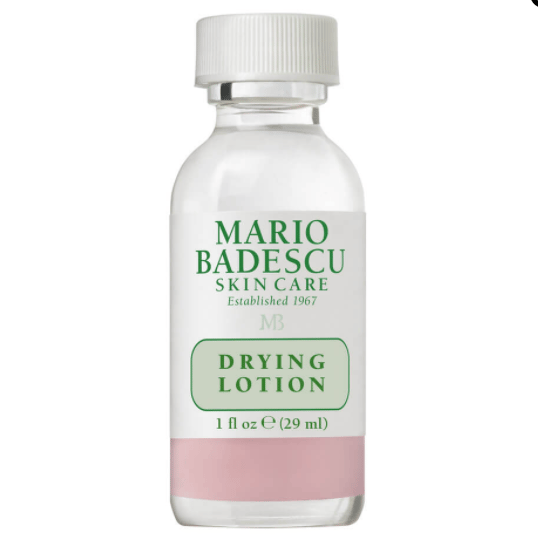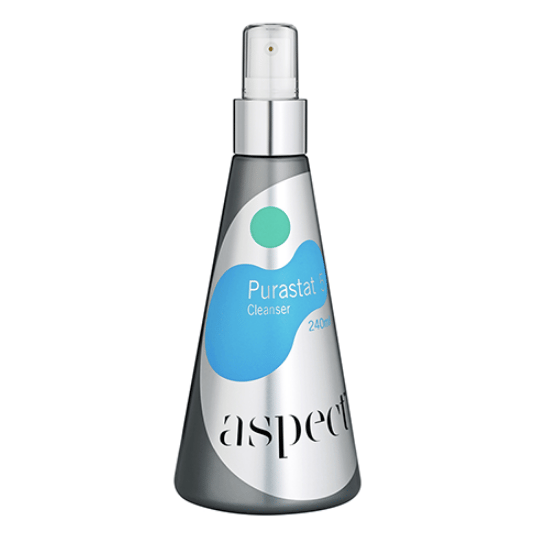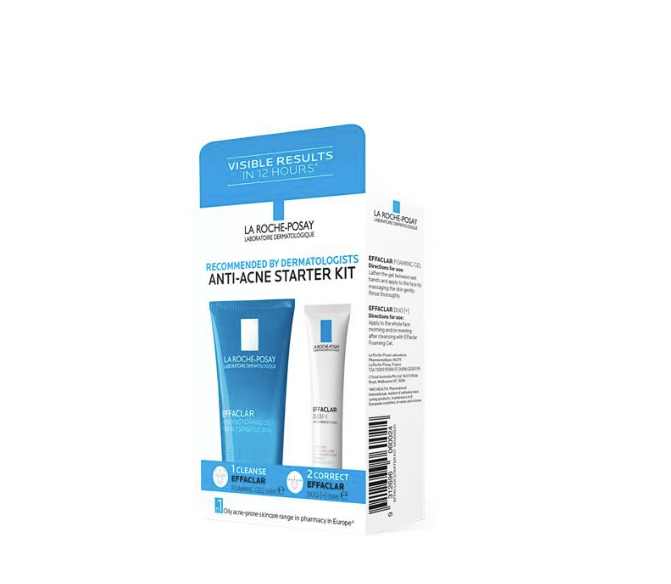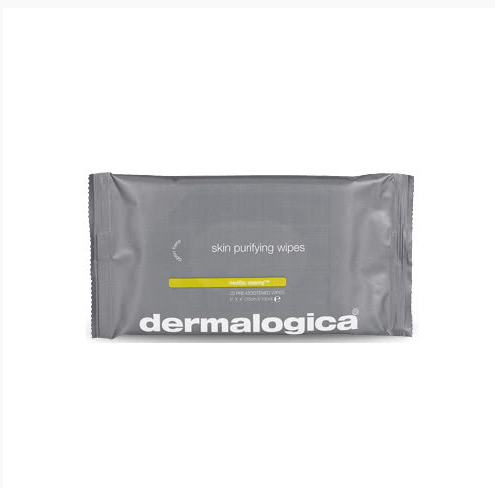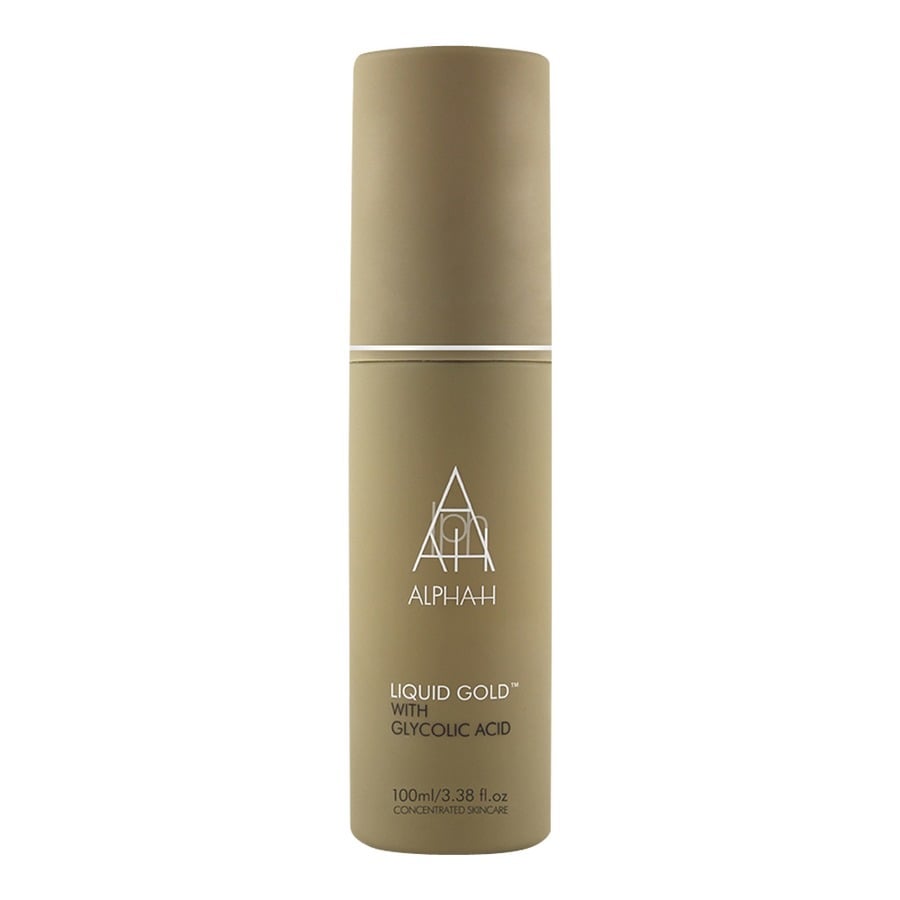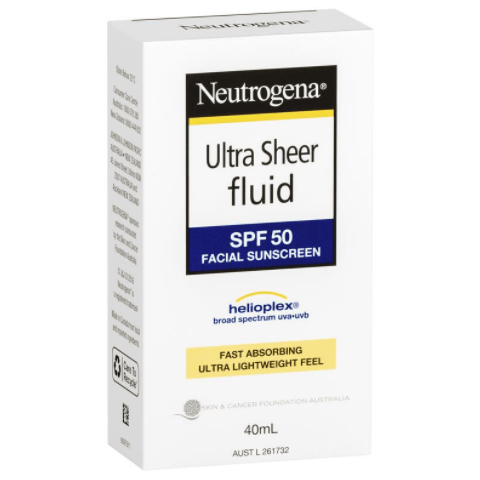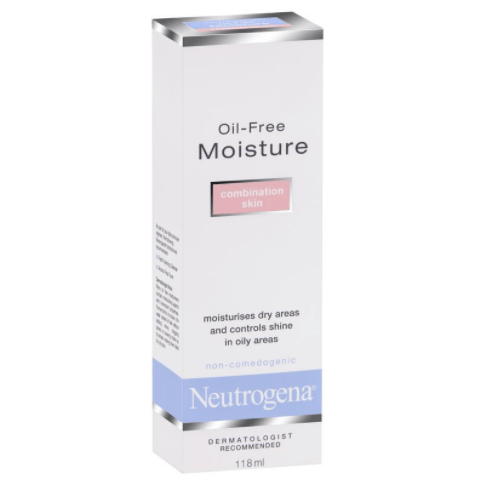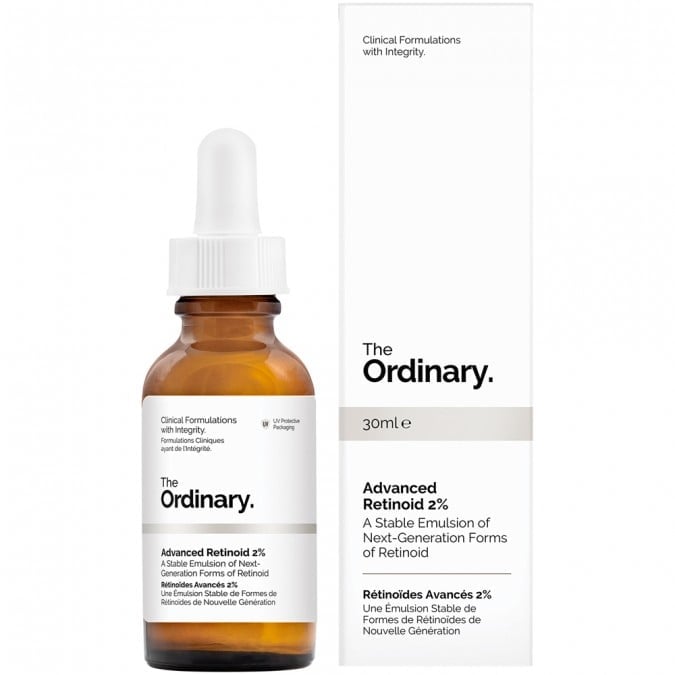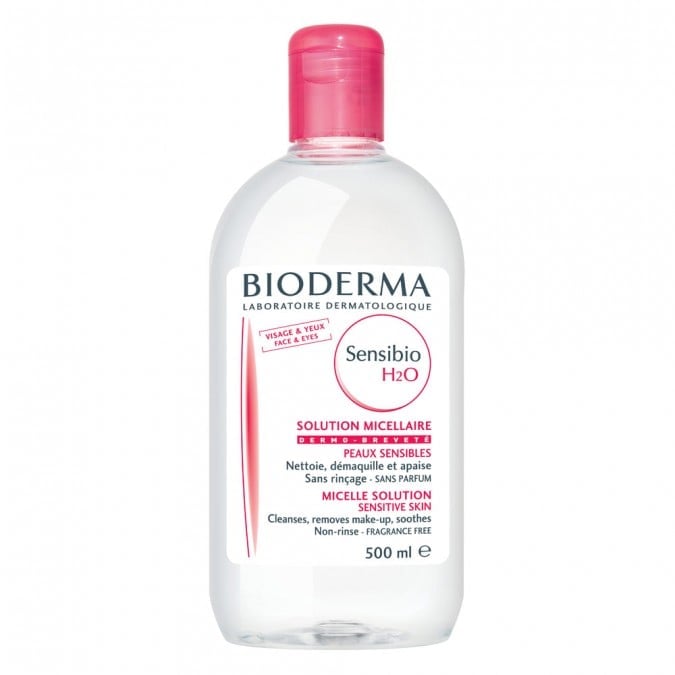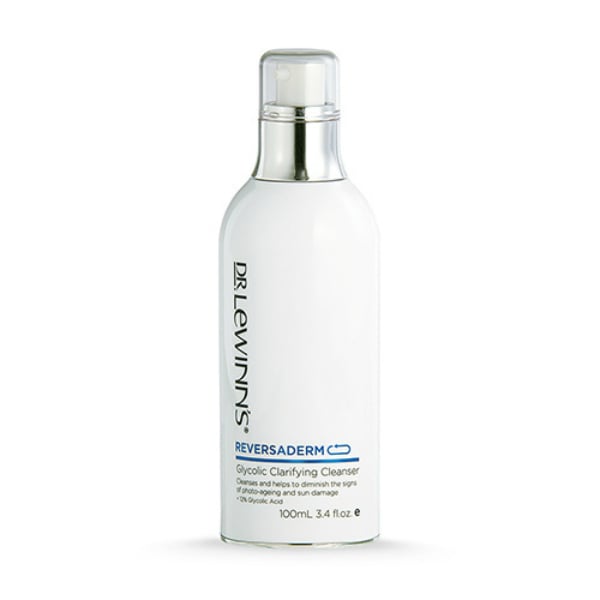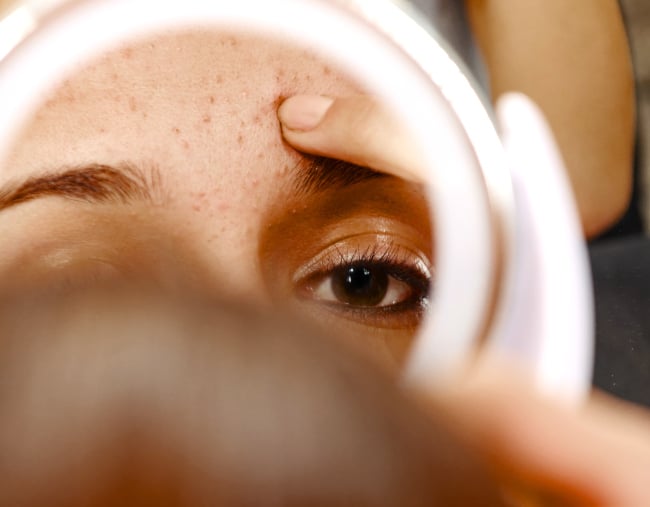
We all want to know how to get rid of pimples, don’t we?
No one enjoys having pimples on their face, they’re like your extended family that stay a tad too long over Christmas or the SPAM emails that constantly pop up in your inbox.
The tricky thing is, pimples are complex beasts. Like an onion, there are layers of horribleness.
From the occasional nose blackheads or a blemish on your forehead or chin to cystic or hormonal acne and small pimples on your lip line that really, really hurt, there’s no one magic way to get rid of pimples overnight, or sometimes, even quickly.
Thankfully, we spoke to the people who know how to get rid of pimples fast (and sadly, not so fast) to breakdown exactly how to manage your breakouts. From a dermatologist, nutritionist, qualified beauty therapist and skin specialist, here’s how they advise their clients on treating spots.
Our Executive Editor Leigh Campbell is also someone who knows a lot about skincare. Below you’ll find her best tips for glowy, lit from within skin. Post continues after video.

